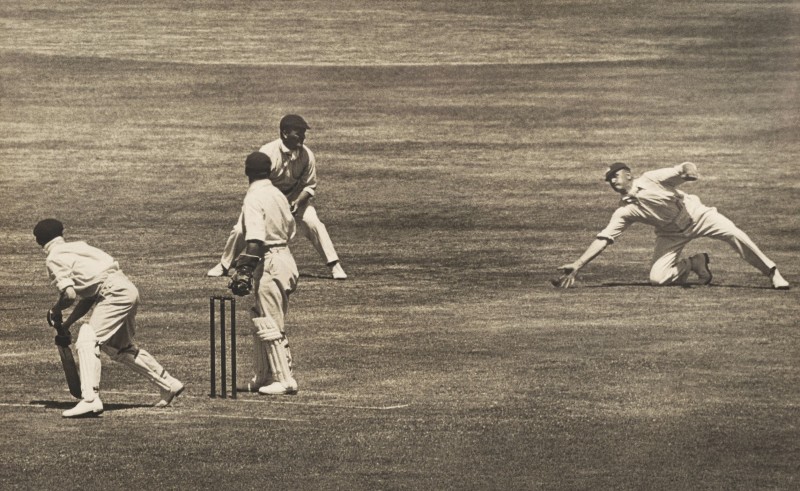On this date in 1928, one of the greatest sportsmen Barnsley has ever produced died at the age of 37.
Cricketer Roy Kilner, from Wombwell, played for Yorkshire CCC for 17 years – interrupted by service in the First World War including the Battle of the Somme where he was injured. He scored 14,707 runs, including 18 centuries, and took 1,003 wickets while helping them to six County Championship titles. A left-arm spinner and extravagant batsman, he also played nine Test Matches for England before dying in 1928 following illness.
Martyn Moxon, who is from nearby Stairfoot and played for Yorkshire and England more than half a century later, is now director of cricket for the county. He said: “Roy is one of the great names in the club’s history. “He is someone you hear being talked about as a club legend with great respect and affection. “Barnsley has been producing top class cricketers for a long time and Roy was one of the first.”
Kilner, whose brother and uncle both played for Yorkshire, began his career at local colliery club Mitchell Main and played for their first team aged 14. He eventually attracted the attention of Yorkshire and made his First Class debut in 1911.
He was one of the county’s star players by the start of the First World War, in which he served while county cricket was suspended for five years. Kilner was stationed in Egypt and then France, where he was injured in the wrist by shrapnel at the Somme. His brother Bernard and team-mate Major Booth, who had been the best man at Roy’s wedding, both died in action.
Kilner was also a talented footballer and played for Preston North End in wartime games then briefly in the First Division once the war had ended. But he then began to focus on cricket fully again and became one of the County Championship’s star players of the 1920s. After reaching both 100 wickets and 1,000 runs in various seasons, he earned a call-up to the England team in 1924.
He scored 59 on his Test debut against South Africa then, that winter, was selected for the Ashes tour of Australia. Although England lost 4-1 and he only played in the final three tests of five, Kilner made his top Test score of 79 and took 17 wickets to emerge as one of the away side’s best players of the tour.
The following summer, he played four of the five Tests as England beat Australia to take the Ashes for the first time since 1912 but his performances were criticised and he never played for his country again.
He continued to be one of Yorkshire’s star players but, while spending the winter of 1927/28 playing and coaching in India, he contracted typhoid and returned home. He died in Kendray Hospital on April 5, 1928. More than 100,000 people are said to have lined the streets of Wombwell on the day of his funeral while his Yorkshire team-mates carried his coffin.




























